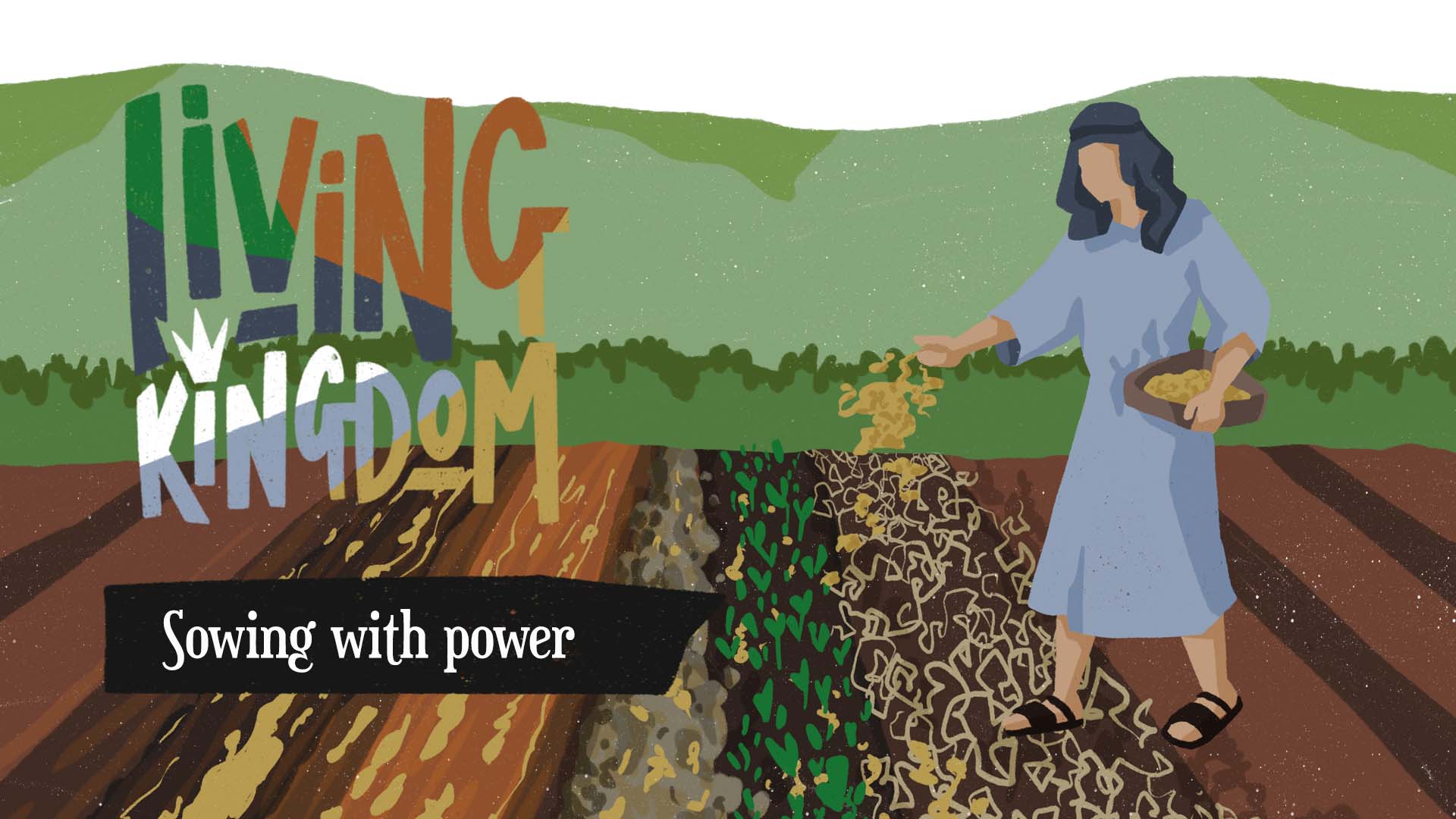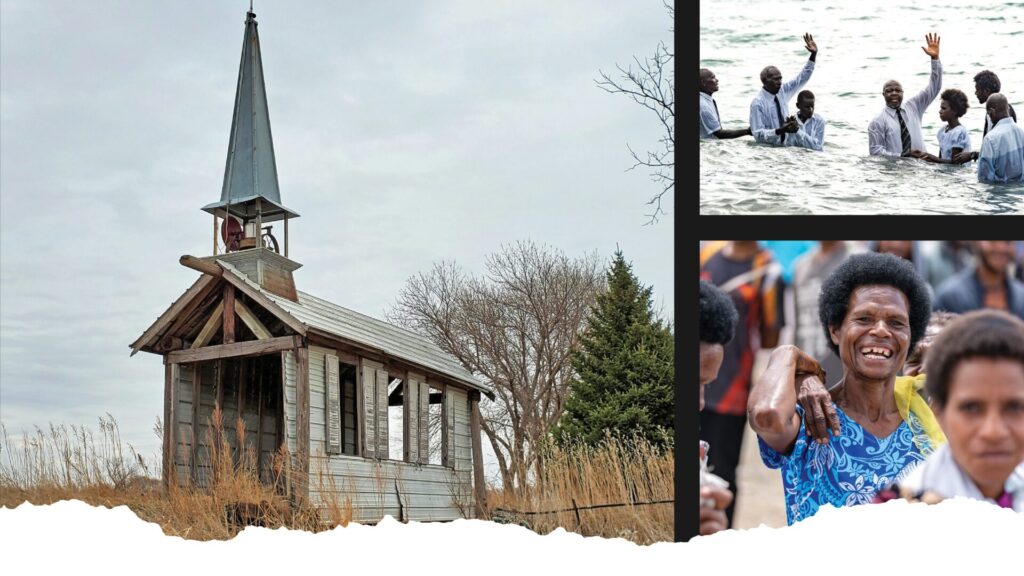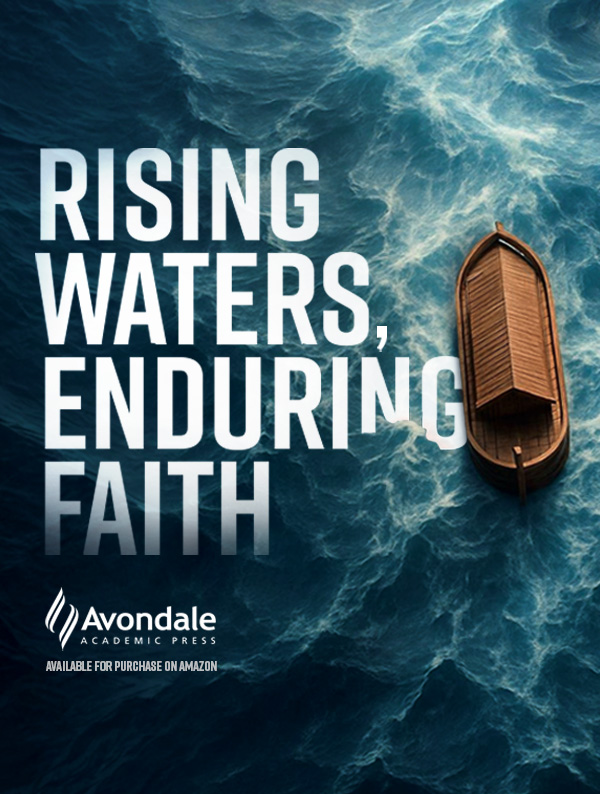Parable of the sower
“But the seed falling on good soil refers to someone who hears the word and understands it. This is the one who produces a crop, yielding a hundred, sixty or thirty times what was sown” (Matthew 13:23).
The parable of the sower in Matthew 13:1–9, 18–23 has been one of my favourite parables since I was a young boy. Hearing and reading it over and over, has continued to give new insights into the story.
One thing that has always intrigued me is the type of farming or planting described as common at the time Jesus was telling the story. Due to the type of crop (probably wheat or barley) the aim was to cast the seeds to cover as much ground as possible while walking from one end of the field to the other. Seems simple enough. But I’ve always wondered why the farmers didn’t take a more calculated approach. Just scattering the seeds risked them falling by the roadside, on the rocky ground and among the weeds.
Couldn’t the farmer have spread the seeds carefully over a ploughed area, or even better, in even rows? Wouldn’t this increase the farmer’s yield percentage up to 100 per cent of seeds planted in good soil?
Today, farming uses advanced technology to increase plant production and yield, even when planting during off season. Indoor vertical farms are making it possible to plant vegetables all year round. Algorithms, drones and robots are also making farming predictable, allowing no room for error in the production of food from the time the seed is planted to the time it is harvested. Risk has been eliminated using data, facts and figures.
Broadcasting the gospel
I never knew the media industry had so many similarities with the parable of the sower until I joined Hope Channel Fiji in 2015. I knew from an early teen age that media in general, such as television, radio, music, movies, had a very strong influential power, especially on young minds. Theories, ideas and suggestions are like seeds. When planted in the minds, they can grow and eventually bear fruit.
At the time Hope Channel TV was only available to the greater Suva area. The question was asked “how can we get our TV signal to the rest of the nation?” Volunteering at the time was Fulori Bola, a retired teacher and mission worker. She, with communication director Pastor Tomasi Qiodaukata, suggested we commit to 10 days of prayer and pray for the Lord to open up coverage for TV. The prayer was planned not just to follow the normal yearly 10 days of prayer, but to commit to a monthly 10 days.
In just the second month of our prayer sessions, we had a call from Walesi Fiji to meet. Walesi was just being set up by the government as a private company—to set-up and roll out digital TV throughout the whole country. We did not expect any meeting at that early stage with the Walesi team, knowing we were only a very small TV provider.
Discussions were cordial and the team from Walesi was keen to find out more about our work. Toward the end of that meeting, to all our amazement, we were offered to broadcast as a free-to-air channel on the new platform.
Now, with a potential reach of 94 per cent of Fiji’s population, Hope Channel along with Hope radio, continues to sow seeds of the gospel throughout the nation of Fiji.
During the COVID-19 pandemic, Fiji had to suspend social gatherings which meant the closure of churches. Hope Channel became one of the few providers of virtual TV worship services to the nation. The studio team quickly compiled and changed its schedule to accommodate for Sabbath worship services during Saturdays and Sundays. We even produced nightly evangelistic programs in various languages. Hope at Home became a household name, not only watched by Adventist church members, but by the general population.
We had people from all walks of life requesting prayers and Bible studies. We had to mobilise pastors to go out to homes for personal visitations. All of a sudden, a yearning for spiritual truth and prophetic answers was being cultivated. Our message was the same, its delivery was the same. It was the environment that changed.
Faith of the farmer
Remember the farmer had only the job of scattering seeds over the land. The growth came from the seed’s natural power within—a power described by Paul in 1 Corinthians 3:6 where he said, “I planted the seed, Apollos watered it, but God has been making it grow.” At times I think that planning and strategising about how we cast seeds is over-emphasised. We can pour time and money into complicating the process of gospel distribution. We calculate, analysing data, watching trends and social behaviour. We count numbers of evangelistic meeting visitors or views on a live online prophecy program, allowing those numbers to determine success or failure. Do we focus too much on the method of sharing and pay less attention to the message itself and the power within it that brings growth and life?
Don’t get me wrong, I’m glad we have strategies in place to share the gospel. Being analytical and using our God-given wisdom is a very good thing. However the parable of the sower also tells me something about the faith of the farmer—faith in the seed’s germination process.
Power in the seed
The great commission in Matthew 28:19,20 says, “Therefore go and make disciples.” Very simple instructions. Could we be “going” but in our own power? Do we focus too heavily on the method of sharing and not on the power that brings life to the message?
Acts 1:8 says, “you will receive power when the Holy Spirit comes on you; and you will be my witnesses.”
In proclaiming or sowing the everlasting gospel seed, faith and relying on the power of the message is very important. In 1899, EJ Waggoner shared this in an article he wrote for the Present Truth Vol 15:
“Unless power accompanies the message it is not the gospel. That which makes God’s message to the world a gospel, or glad tidings, is that it brings the power which is so much needed. The gospel is the power of God to everyone that believeth unto salvation. Romans 1:16. In the church of Christ there must be seen the working of His own mighty power. Unless this is true His people do not bear witness to Him. Any power short of the power of God does not reveal Him to men.”
1 Thessalonians 1:5 says, “because our gospel came to you not simply with words but also with power, with the Holy Spirit and deep conviction.”
Our duty
The power for the seed to yield 100, 60 or even 30 times is not something we as humans should stress over. It is God’s part, and we need to allow that to take place.
The falling of the seeds in the different soils can be illustrated in the two contrasting stories of Noah and Jonah. Both had a message of warning to share and a way out or plan of salvation. Was Jonah’s campaign more successful than Noah’s? Jonah managed to convert the whole city of Nineveh, yet Noah, despite his 120-year campaign only managed to save his family. Was there not power in both messages? We know both messages were from God and both possessed power to grow and convert, however like the seeds sown in the parable, in Noah’s case, most fell by the roadside and amongst the thorny bushes.
Ellen White describes it perfectly in Patriarchs and Prophets, pg 95: “Many at first appeared to receive the warning [from Noah]; yet they did not turn to God with true repentance. They were unwilling to renounce their sins. During the time that elapsed before the coming of the Flood, their faith was tested, and they failed to endure the trial. Overcome by the prevailing unbelief, they finally joined their former associates in rejecting the solemn message. Some were deeply convicted, and would have heeded the words of warning; but there were so many to jest and ridicule, that they partook of the same spirit, resisted the invitations of mercy, and were soon among the boldest and most defiant scoffers; for none are so reckless and go to such lengths in sin as do those who have once had light, but have resisted the convicting Spirit of God.”
So what does this mean for us?
As we look back at our farmer, the task to sow was simple. His faith relied totally on the growth of the seed—it was all he needed. Should that be our strategy? Sharing the gospel through whatever means, wherever possible, trusting entirely on the power of the Holy Spirit to grow the gospel seed that has been planted in every heart. Our task is to sow, to cast and share the gospel far and wide. God does the rest. A simple task required of us must also have a simple answer: may I suggest “I will go”.
John Tausere is the coordinator of communication, digital media and graphic design of the Trans Pacific Union Mission.







